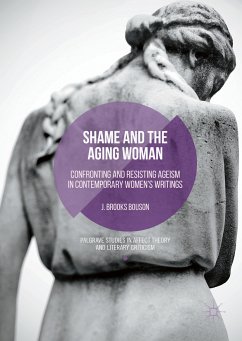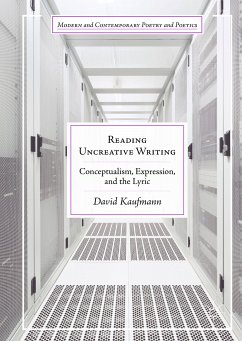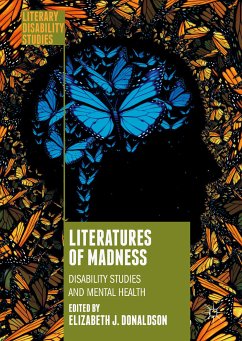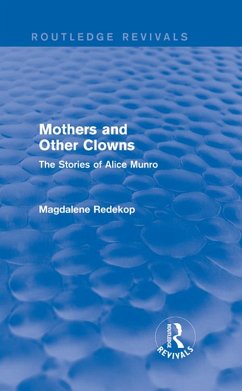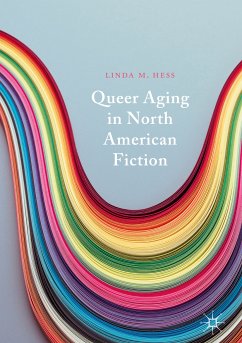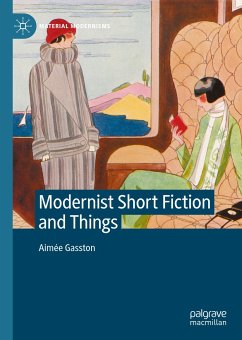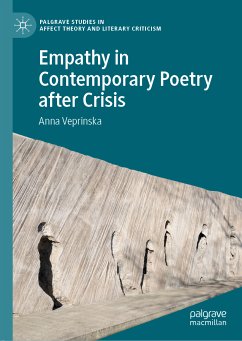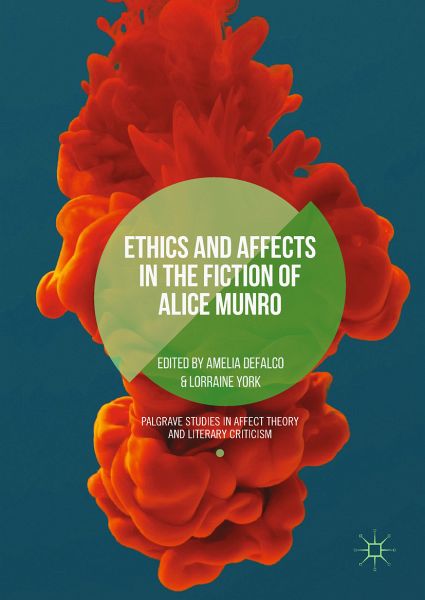
Ethics and Affects in the Fiction of Alice Munro (eBook, PDF)
Versandkostenfrei!
Sofort per Download lieferbar
68,95 €
inkl. MwSt.
Weitere Ausgaben:

PAYBACK Punkte
34 °P sammeln!
Updates and expands the scholarly examinations of Alice Munro's work
Contributes to the study of affect theory and literary ethics as well as age and disability
Challenges perceptions and assessments of Alice Munro
Contributes to the study of affect theory and literary ethics as well as age and disability
Challenges perceptions and assessments of Alice Munro
Dieser Download kann aus rechtlichen Gründen nur mit Rechnungsadresse in A, B, BG, CY, CZ, D, DK, EW, E, FIN, F, GR, HR, H, IRL, I, LT, L, LR, M, NL, PL, P, R, S, SLO, SK ausgeliefert werden.



